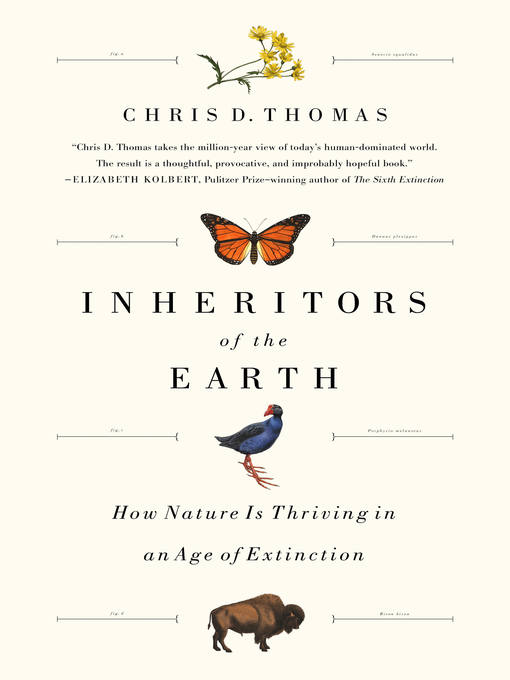- Dirt, Dinosaurs, and David Attenborough
- New eBook additions
- Handmade and Homegrown
- Dungeons & Dragons
- True North Strong and Well-Read
- Canada Reads 2025
- Always Available Fiction
- Always Available Non Fiction
- Black History and Black Future
- Witch, Please
- Looks Sweet but Could Be Spicy
- Based on a True Story: Page to Screen Edition
- Indigenous History and Voices
- See all ebooks collections
- Canada Reads 2025
- True Crime: For When You Run Out of Podcasts
- Available now
- Lest We Forget
- Summer Reading List: Recent Canadian books to read this summer
- New audiobook additions
- Looks Sweet but Could Be Spicy
- Most popular
- Hamilton Reads 2024: Chrysalis
- Indigenous History and Voices
- Based on a True Story: Page to Screen Edition
- Entering Our Eclipse Era
- BookTok Made Us Do It
- See all audiobooks collections
- Cooking & Food
- Home & Garden
- Lifestyle
- Fashion
- Health
- Business and Economics
- See all magazines collections


